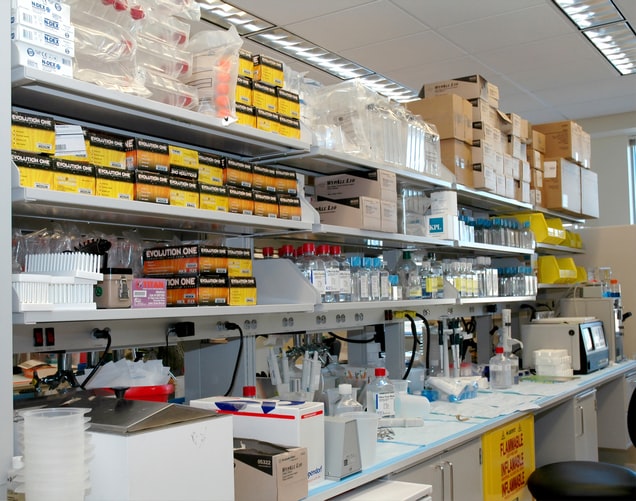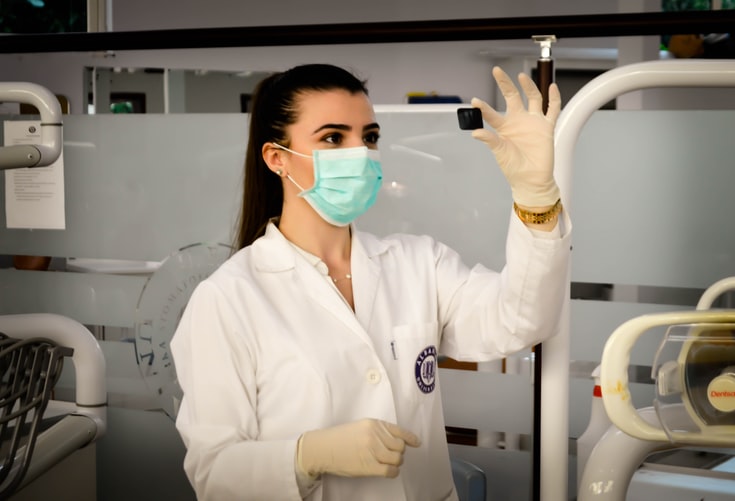Cardiomyocyte Arterial assay (CMA) is a scientific procedure used in the field of bio-medical science to identify the functions of the cardiomyocyte. It is a method for the separation of the cardiomyocyte from the plasma cells and from the stroma. This method has great utility in the field of cardiology, as it is used to study a wide range of physiological processes that are relevant to the cardiac health. The various applications of CMA in medicine are as given below:

What Is The Primary Role?
The role of the cardiac myocyte assay is important in many processes of the cardiovascular system. These processes include myocardial infarction, coronary artery dilation and angina. They are also involved in the process of repair of injured myocardium. Cardiac myocyte assay is useful in determining the extent of myocardial damage in patients with severe myocardial infarction, acute myocardial infarction and coronary artery disease. In such conditions, the intensity of the cardiac function is relatively higher than in healthy individuals.
The present-day pharmacological interventions are mostly directed at the management of cardiomyocyte abnormalities and their control or repair. As a result of this, it is essential for the clinical analyst to be well aware of the complexities of cardiomyocyte functioning and the exigencies related to drug selection and administration. The present-day hawthorn bush has been extensively used in the fields of phyto-nutrients and traditional medicine to improve the general well being of patients with cardiovascular disorders including hypertension and cardiomyopathy.

Phyto-nutrients are the basis of almost all traditional medicines and phytochemicals and have the ability to provide multiple health benefits. Hawthorn and black cohosh are two of the most important of these plant compounds that constitute a very important part of the phyto-nutrient family and are extremely useful in screening various drugs for their ability to reduce the adverse effects of cardiac contraction in patients with cardiovascular disease. Cardiac contraction is a major complication of various heart diseases that involve the failure of the contractility of the cardiac muscle. Hawthorn and black cohosh have the ability to inhibit the activity of the cardiomyocyte and prevent contractility from progressing to its irreversible end point.
Results Of Recent Studies And Their Overall Findings
A recent study on the efficiency of a novel compound, vanillin, in the treatment of cardiomyocyte assay reactions has confirmed this. It was found that the potency of the compound was highly dependent on the genetic background of the animal studied. It also showed significant positive results in vitro with respect to both the sensitivity and specificity of the assays. Furthermore, this compound had a very low background efficiency when compared to other compounds which are commonly used in the cardiac catheters’ field. In addition, vanillin’s effectivity in cell-based assays was found to be synergistic. This means that the combination of vanillin with other agents to improve the efficiency greatly.

What Is Being Evaluated And How Are These Processes Measured?
There are a number of other natural compounds that are being evaluated as potential drugs for heart health. One example of such a compound is arnica. Studies have found the compound to be quite effective in the screening of cardiac cells for their ability to induce oxygenation. However, more studies are still needed to verify the drug discovery potential of arnica. Until then, this compound is considered as a promising compound that can potentially join the ranks of established and emerging drugs for cardiomyocyte assay in large-scale manufacturing facilities.




